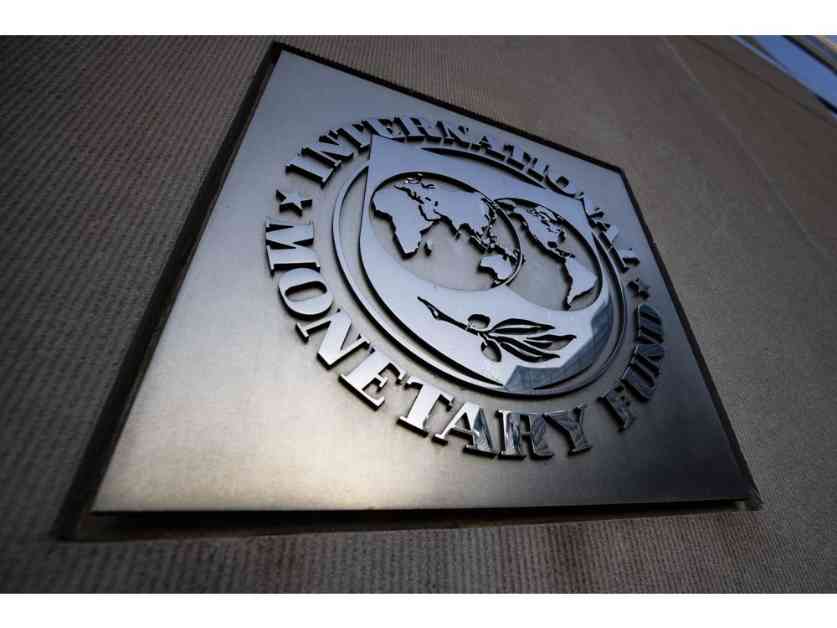Pakistan’s Finance Minister, Muhammad Aurangzeb, recently shared promising news at a conference in AlUla, Saudi Arabia. He confidently stated that the country is on track to meet its revenue targets for the year without burdening existing taxpayers further. This comes at a crucial time as the government aims to address criticism stemming from unpopular reforms, such as imposing record-high taxes.
Aurangzeb’s assurance of moving in the right direction is a beacon of hope for Pakistan’s economic stability. He emphasized that any revenue shortfalls will be addressed through expanding the taxpayer base and enforcing stronger compliance measures. This strategic approach reflects the government’s commitment to achieving its financial goals while alleviating the strain on citizens.
Building a Sustainable Financial Future
Raising the tax-to-GDP ratio is a critical component of Pakistan’s $7 billion loan agreement with the International Monetary Fund (IMF). This financial lifeline was essential to bolster the country’s faltering economy and manage its escalating debts. To secure the IMF deal, Prime Minister Shehbaz Sharif’s administration implemented higher tax rates and increased energy prices last year, triggering significant public backlash.
Aurangzeb’s optimism about meeting the IMF program requirements is well-founded. Pakistan’s tax-to-GDP ratio stood at 10.8% by the end of December, surpassing the target of 10.6%. Notably, the finance minister announced that no new revenue measures will be introduced in the current fiscal year, which ends in June. The upcoming first review of the IMF program later this quarter will be a crucial milestone in Pakistan’s economic journey.
Expanding the Tax Base through Agricultural Reforms
One of Pakistan’s key strategies to enhance revenue generation involves implementing new agricultural income tax laws. Aurangzeb highlighted the significance of this initiative in broadening the tax base and ensuring financial sustainability. Recently, all four provincial assemblies in the country approved legislation to raise taxes on agricultural income, aligning with the IMF’s recommendations to bolster tax collection efforts.
The nation’s narrow escape from default in 2023 continues to reverberate through its economic landscape. Businesses are grappling with the repercussions of high taxes and energy costs, underscoring the importance of prudent financial management. IMF Managing Director Kristalina Georgieva expressed optimism about Pakistan’s progress towards fostering higher growth, signaling a positive outlook amidst ongoing challenges.
Aurangzeb also addressed the potential impact of US President’s proposed tariffs, noting that this development could present a valuable opportunity for Pakistan to enhance regional trade partnerships with Middle Eastern and Central Asian nations. This forward-looking perspective underscores the country’s resilience and adaptability in navigating global economic dynamics.
In conclusion, Pakistan’s steadfast commitment to achieving its IMF targets without imposing additional burdens on taxpayers reflects a strategic approach towards economic sustainability and growth. By expanding the tax base, enforcing compliance measures, and seizing new trade opportunities, the country is charting a path towards financial resilience and prosperity. The government’s proactive measures and collaborative efforts with international partners signal a promising future for Pakistan’s economic landscape.






















